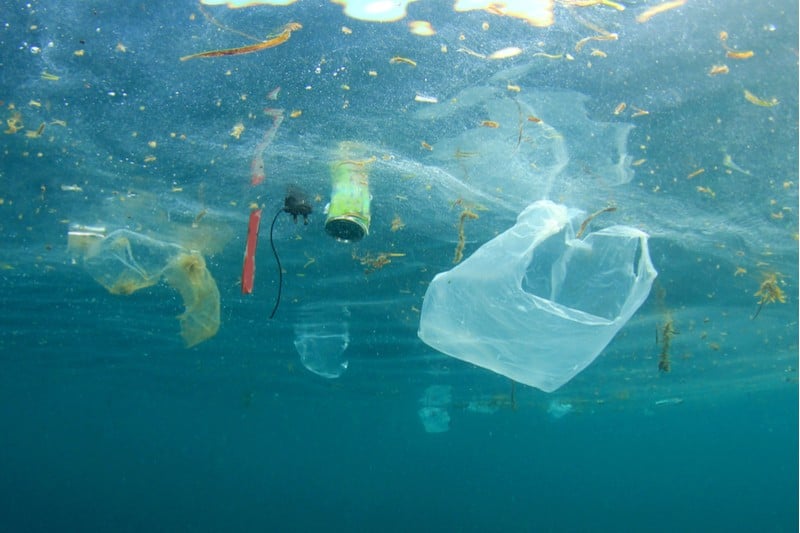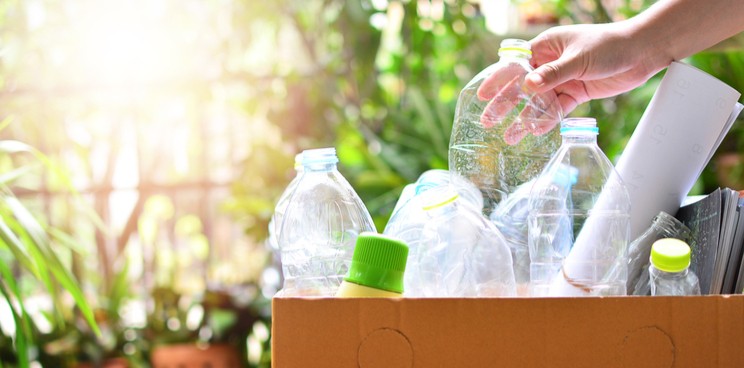Newsletter Signup - Under Article / In Page
"*" indicates required fields
The food companies Nestlé Waters, Pepsi and Suntory Beverage & Food Europe have joined an industrial consortium to fund the development of Carbios’ enzyme technology for plastic recycling.
A garbage truck’s worth of plastic waste enters the oceans every minute, contaminating the environment and damaging ecosystems around the world. This is leading to more pressure on companies to cut down waste and develop better ways to recycle the plastic they use or produce.
Pepsi, Nestlé Waters, and Suntory are joining a consortium that Carbios launched back in 2017 with the French cosmetics giant L’Oreal. The aim is to commercialize technology that can recycle plastics made from polyethylene terephthalate, or PET, which is commonly used to make plastic bottles and food containers. Carbios uses enzymes to break down PET into its building blocks for recycling, which doesn’t require intense heat or pressure like current recycling technology does.
“The thermo-mechanical approach involves sorting, cleaning, grinding and melting to finally produce plastic pellets,” Martin Stephan, Deputy CEO of Carbios, told me. “The high temperatures degrade the properties of the material which prevents the material from being used to make 100% recycled plastic products such as bottles.”

Stephan believes that the new partners will accelerate the development of the technology, which is currently at a pilot stage. Carbios plans to have a demonstration plant in operation by 2021, and to fully commercialize the technology by 2024. Its enzyme technology has already demonstrated the potential to improve the recycling process, as Carbios created the first 100% recycled plastic bottles earlier this year.
“Biotechnology is changing plastic recycling,” Stephan told me. “It enables us to fully recover building blocks of post-consumer plastics, which can then be used to make new plastic products with no loss in quality. It’s the first approach enabling a truly circular economy for plastics.”
While breaking down PET plastics with enzymes is feasible, the same isn’t true for all plastics. Others, such as polystyrene and polyethylene, are more difficult to recycle because they have a molecular structure that’s harder to break down with enzymes.
One alternative is to replace current plastics with bioplastics, which are designed to degrade quickly in the environment. An example of this is PHAs, which are produced by microbes, and are being developed by companies such as the Italian company Bio-on, and the Ireland-based Bioplastech. Carbios also has a separate collaboration with the Danish enzyme company Novozymes to develop plastics that degrade over time.
Images from Shutterstock
Partnering 2030: FME Industries Report







